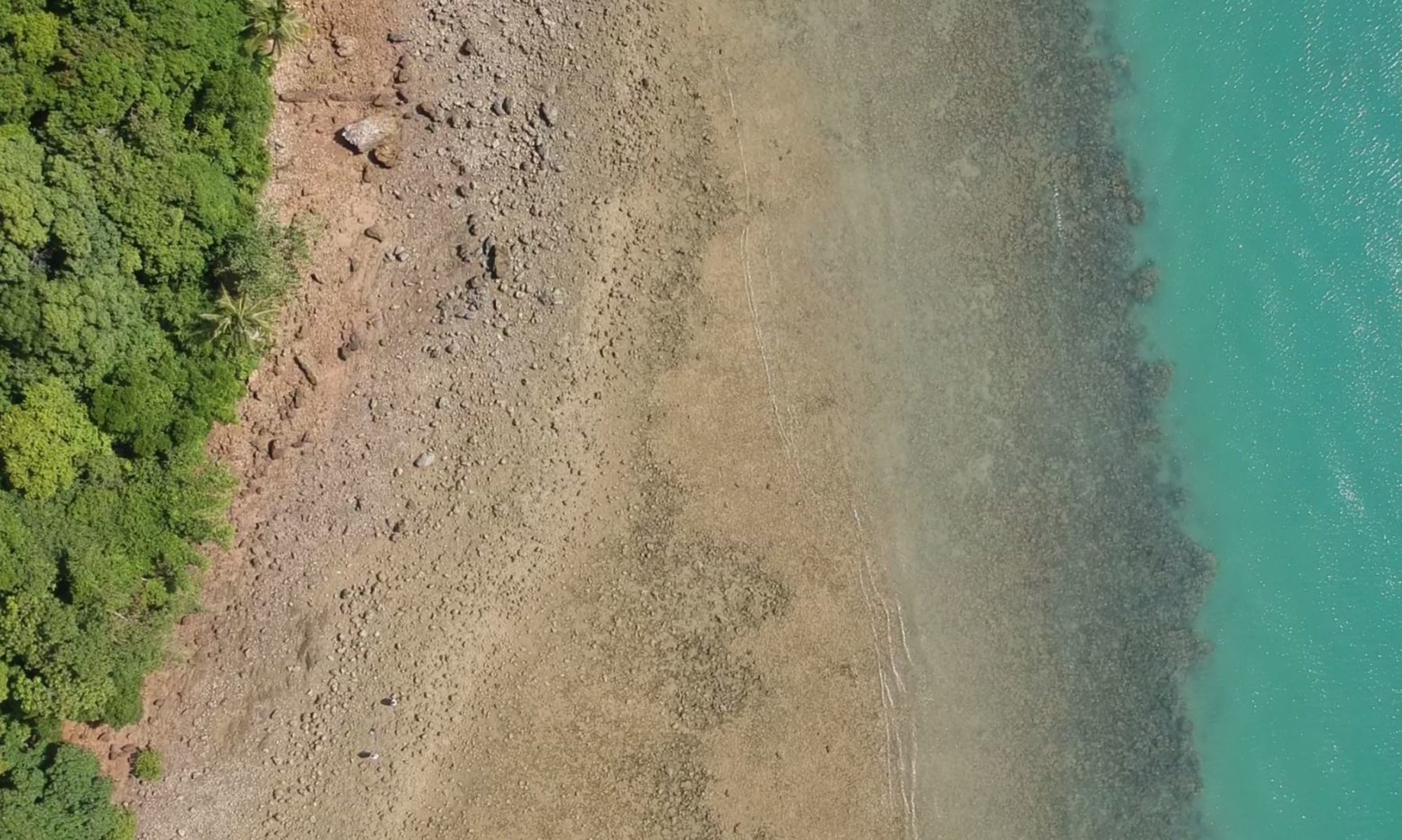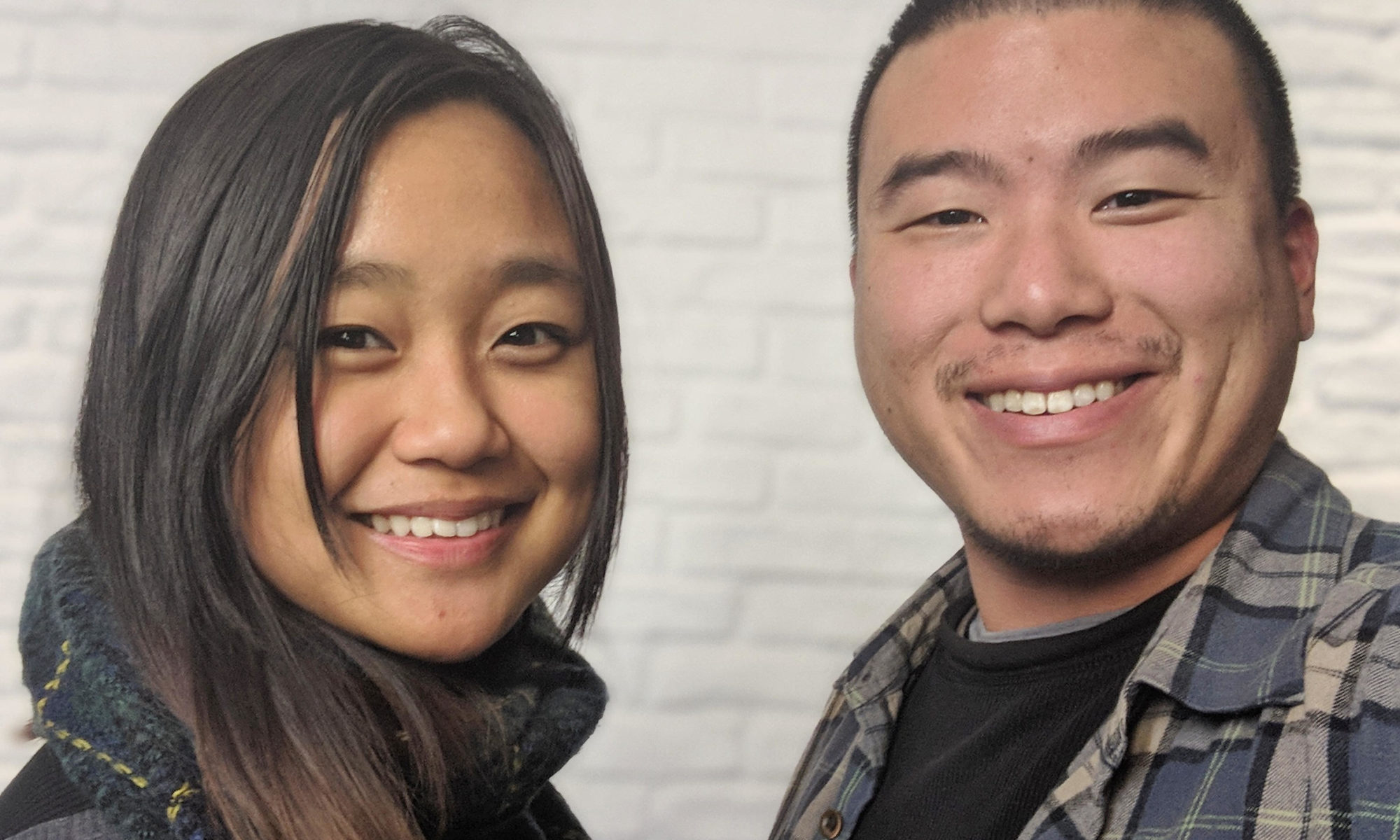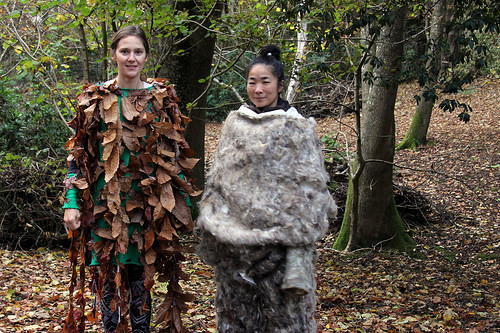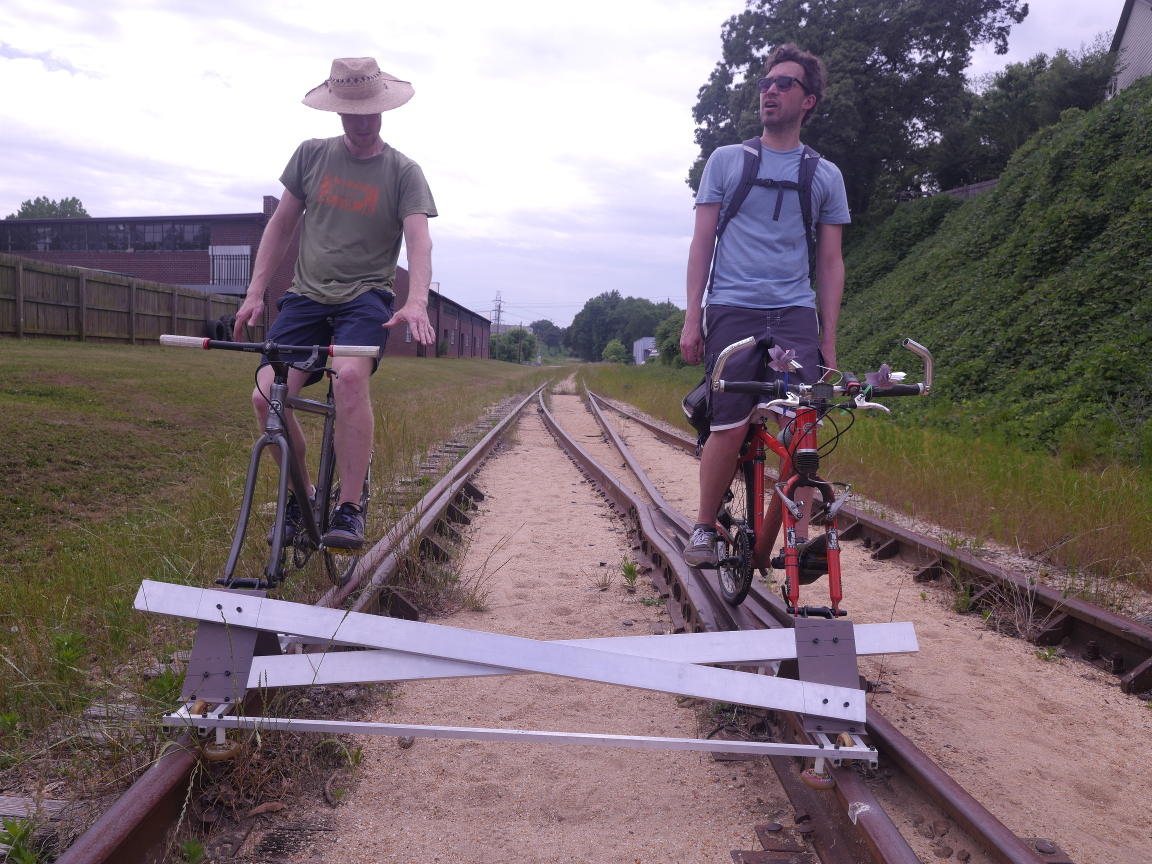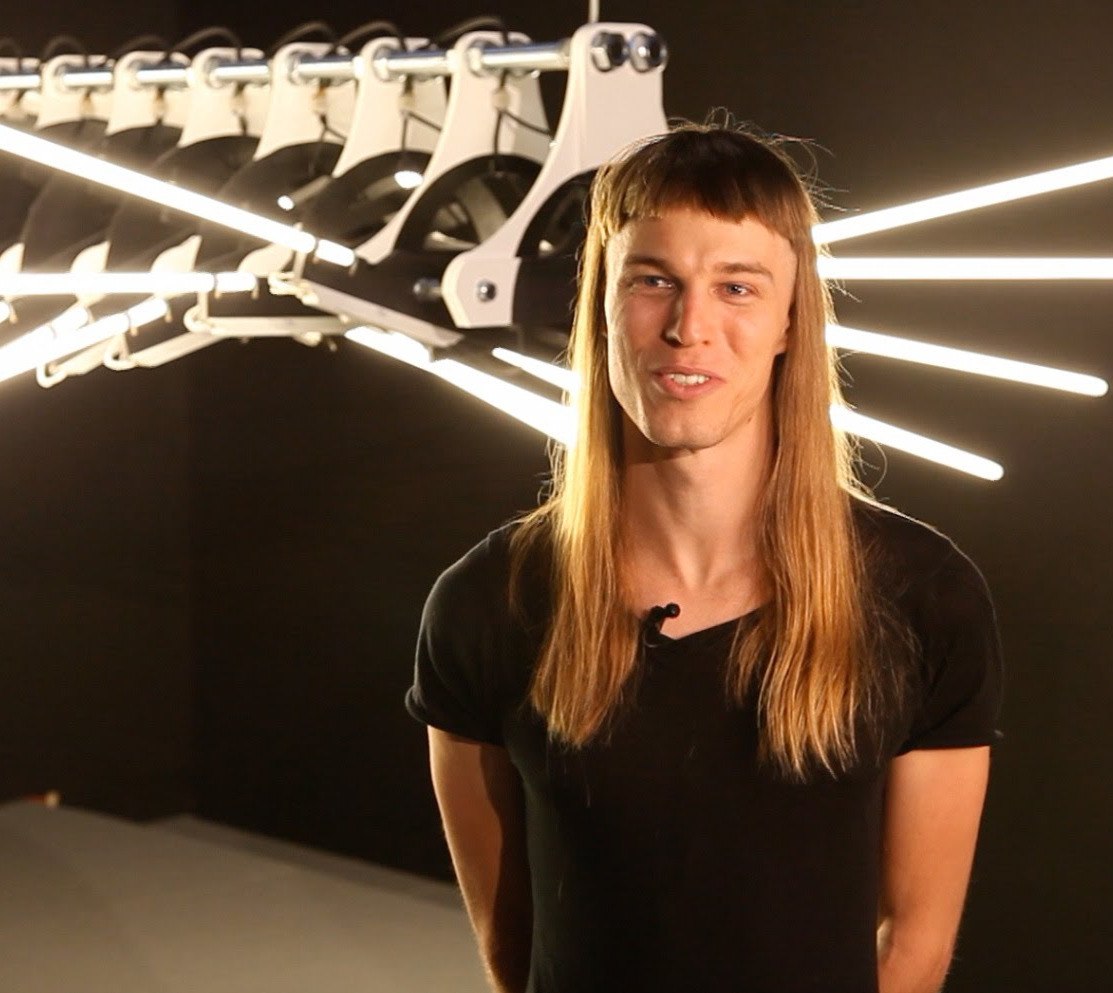Motivation
Why am I putting on this conference for free? What’s my beef with current academic Conferences?
Academic Conferences have gotten kinda terrible. I like a lot of the people involved with them, and they do great work, but they get caught in a terrible, exploitative system. The whole system relies on the unpaid labor of busy academics to organize and run big logistical nightmares. The academics also have to create the content being “sold” by these conferences (the papers, and talks, and workshops, and reviews) and are then expected to pay large amounts of money for the privilege of being able to attend the things they provided all the work for.
In any other situation, people would find this totally ludicrous, but because of the system of tenure and fear instilled in academia, they go along with it anyway. These conferences also manage to hit the price point where most middle-class professors can get these expenses covered by grants, which sadly means many poorer students and professors are unable to attend.
Many academics also argue that the big sin of these conferences is how they exist primarily to fuel the hotel-industrial complex. People have to pay outrageous fees to rent out boring rooms and eat expensive food in order to stand and talk to each other. Most gigantic conference budgets get sucked up by hotel fees. On top of this, most of the output of these elitist conferences (the papers) is finally locked away behind paywalls.
On average many folks how found the full cost of going to an academic conference at about $2500 USD. This includes the 600-1000$ price tag for registration, $500+ for hotels, $1000 for transportation. Some conferences can be cheaper to go to, but many can be much more expensive!
New professors often go to at least 3 conferences a year ($7500). I wanted to explore what would happen if instead of dropping that money on myself, I used to to provide a free conference for hundreds of people?
Timing
A less philosophical problem with academic conferences, and more just logistically tricky, is that most conferences are held over a very short time (like 3-5 days). This means that if you are a busy person with many potential conflicts, you might not ever be able to attend purely from circumstance (For example, I haven’t been able to attend a CHI conference despite getting some proposal accepted for 4 years simply because of conflicts).
Summary of Problems to address
- Exploitative – Powered by Unpaid laborers who then have to pay to attend
- Expensive – only rich folks get to attend
- Exclusive – generally you have to already be “vetted” with your papers to attend (not knocking Peer review! Just vetted networking)
- Steer Money in not great directions – e.g. lining the pockets of fancy hotels and publishing companies
- Restricted Time – Most conferences leave just enough time to get bored waiting for others unenthusiastic presentations to finish, and maybe grab a drink before heading back to all the duties one has. I think for good work to be done, and proper connections to be made in research, people need time to live and work together in a relaxing, exciting environment.
Solution
I can’t solve all these problems, but we can at least try to make something more interesting and accessible. We want to start luring these professors over to the side of fun, sharing, collaboration, and inexpensiveness. We want to connect people outside the walls of academia to free some of that valuable information trapped in those circles. My goal is to make a really fun and productive event that can accommodate non-academics while also incentivizing professional academics to join. Meanwhile we will focus on the theme of technology, natural interaction, and field biology.
What’s the budget like?
Where you getting all your cash!? Why do you want a small budget? Are you using grants?
I anticipate a budget of about $10,000 USD, of which I plan to just spend $5,000 of my own money, $2000 from an adventure fund from past digital naturalist projects, and figure out a way to drum up the rest.
20K would be nice, but involving too much money might be distracting and complicated. Overhead will start shooting up once we get too much money as well! Let’s be cheap!
I wanted to use my own personal money for this project to prove that putting on a quality conference is not something that has to be super complicated requiring the blessing of large organizations. I also did not want to involve my own institution with this in case they might pose restrictions on what we do or how we do it. I have a decently paying job for the first time in my life, and I am happy to be able to share this money to create something new in the world that helps people learn more about technology and nature.
About half the budget I would like to steer towards scholarships and small stipends to get people to come. I want organizers to be paid as well as best we can.
So far we have spent $7000 on getting the location and all its amenities. Which is great and exactly the amount we had. Now we will be looking for people who want to chip in to help fund travel for less advantaged folks! Email sponsors@dinacon.org if you want to help out (or know people who do!)
Current spending: https://docs.google.com/spreadsheets/d/1A7LjG9OeXGpmmKRdYQdCDdeIFuD6BXyb1ShGjNKFx5g/edit?usp=sharing

